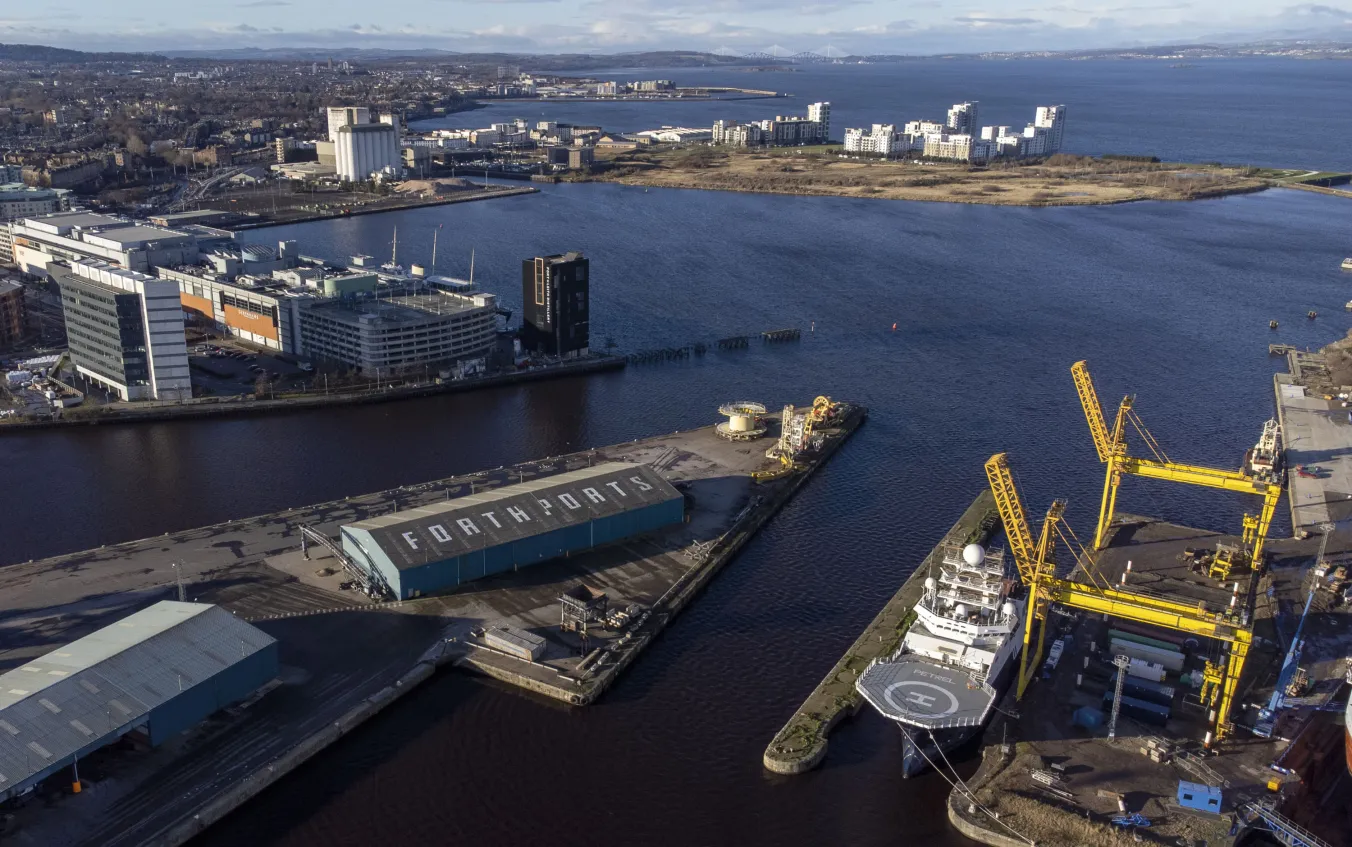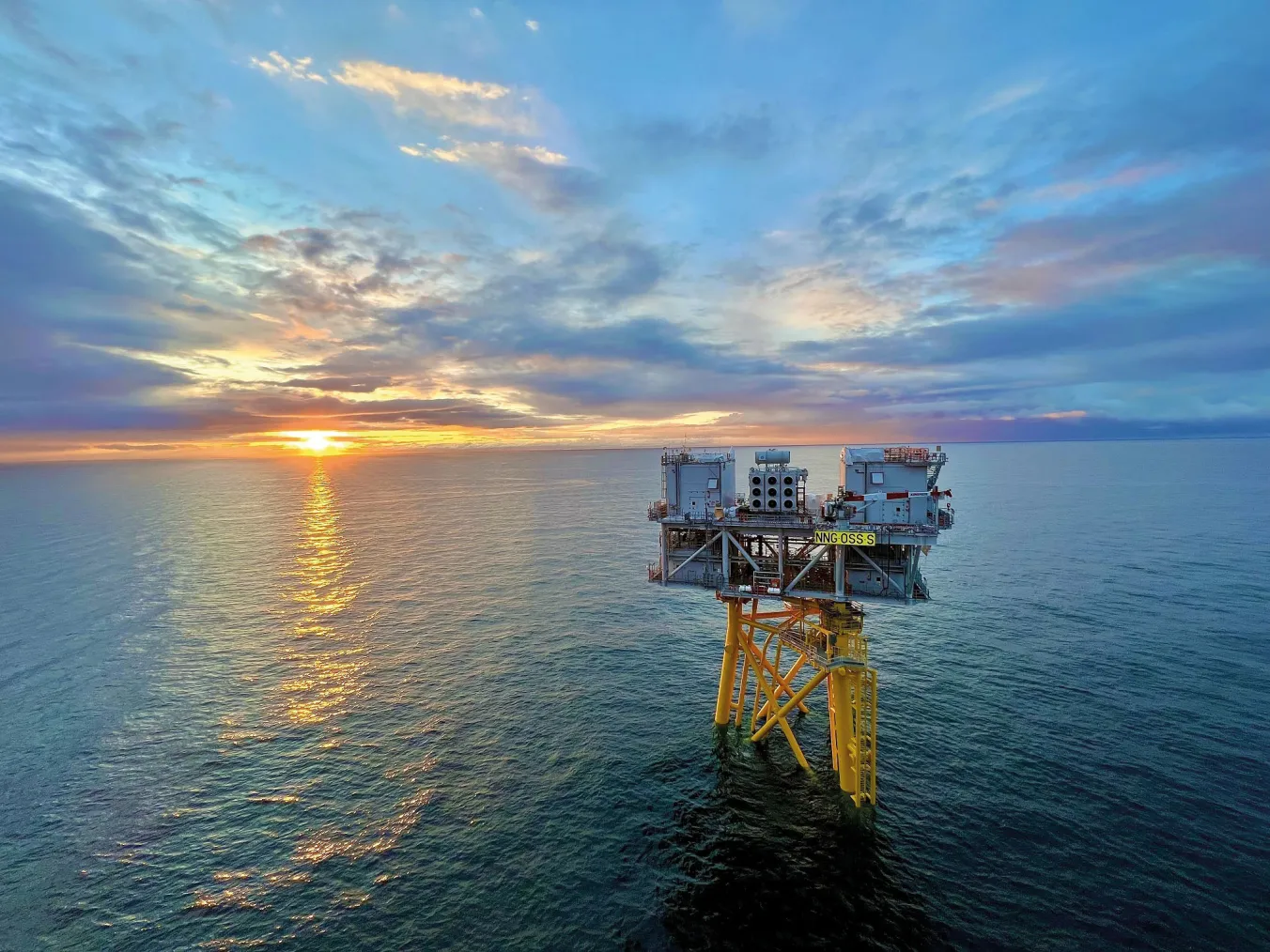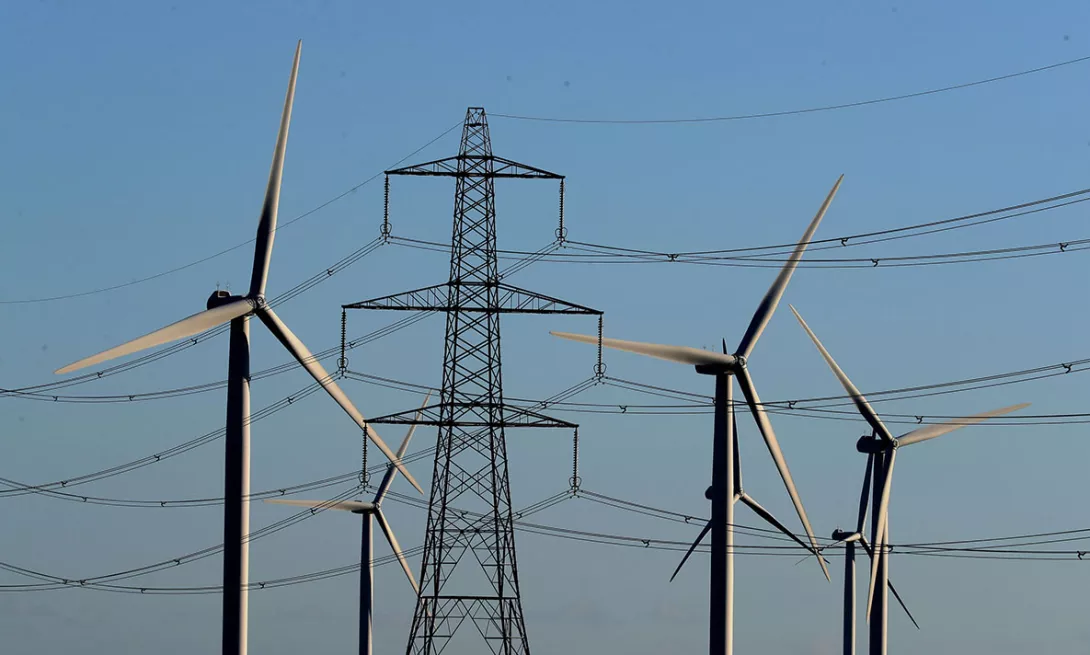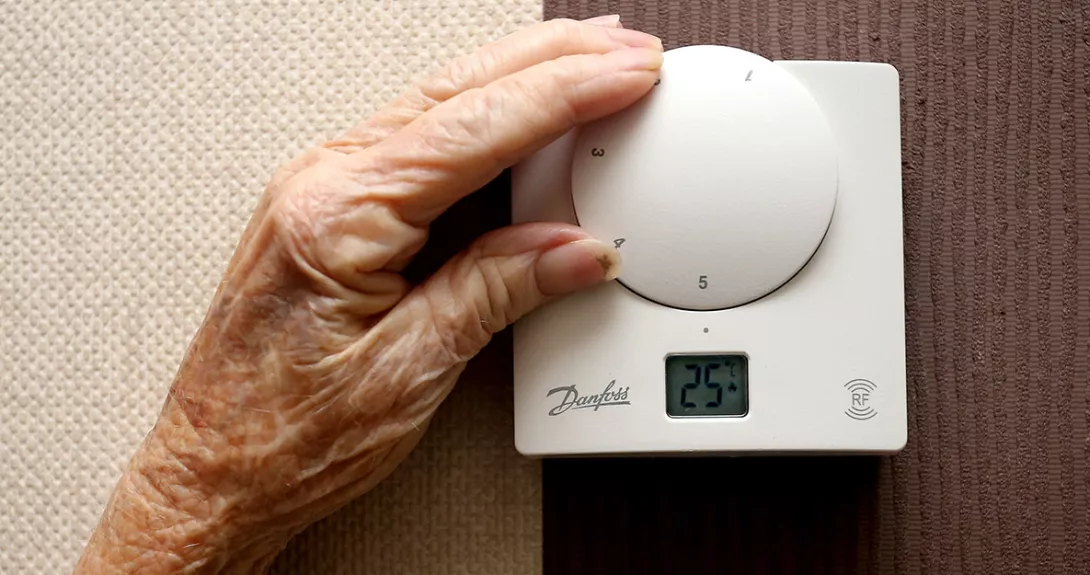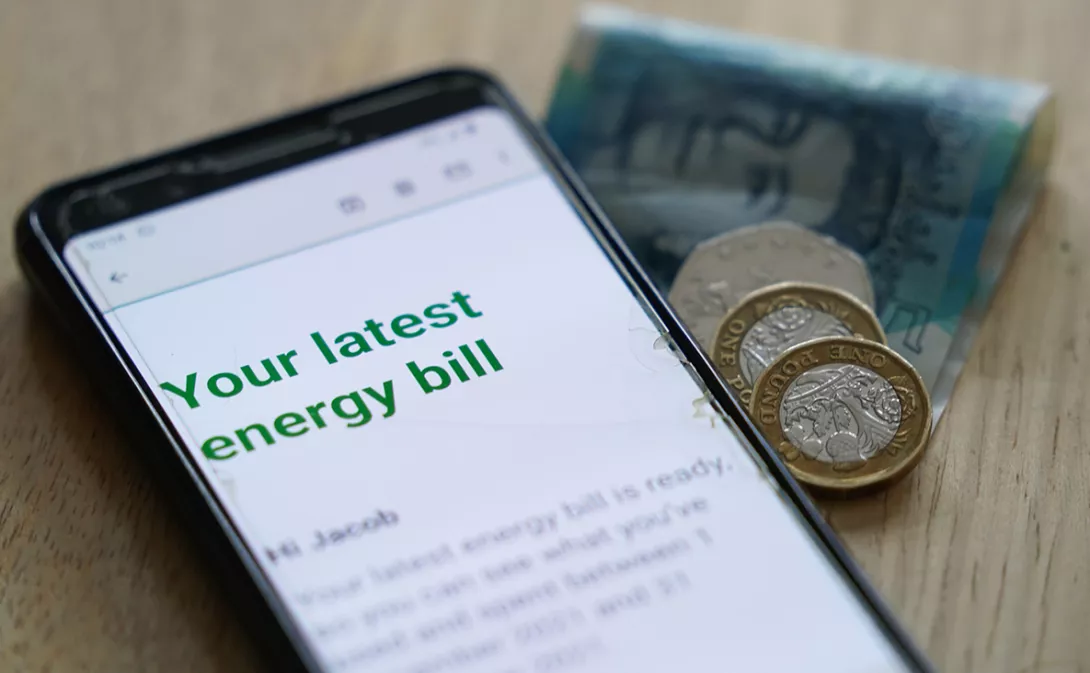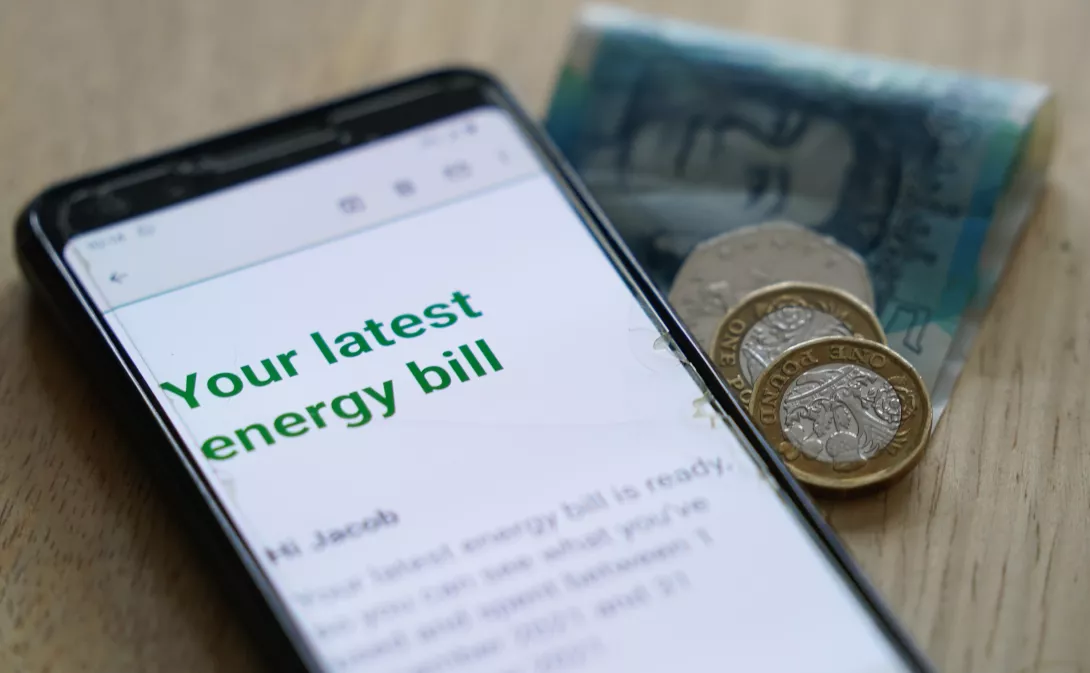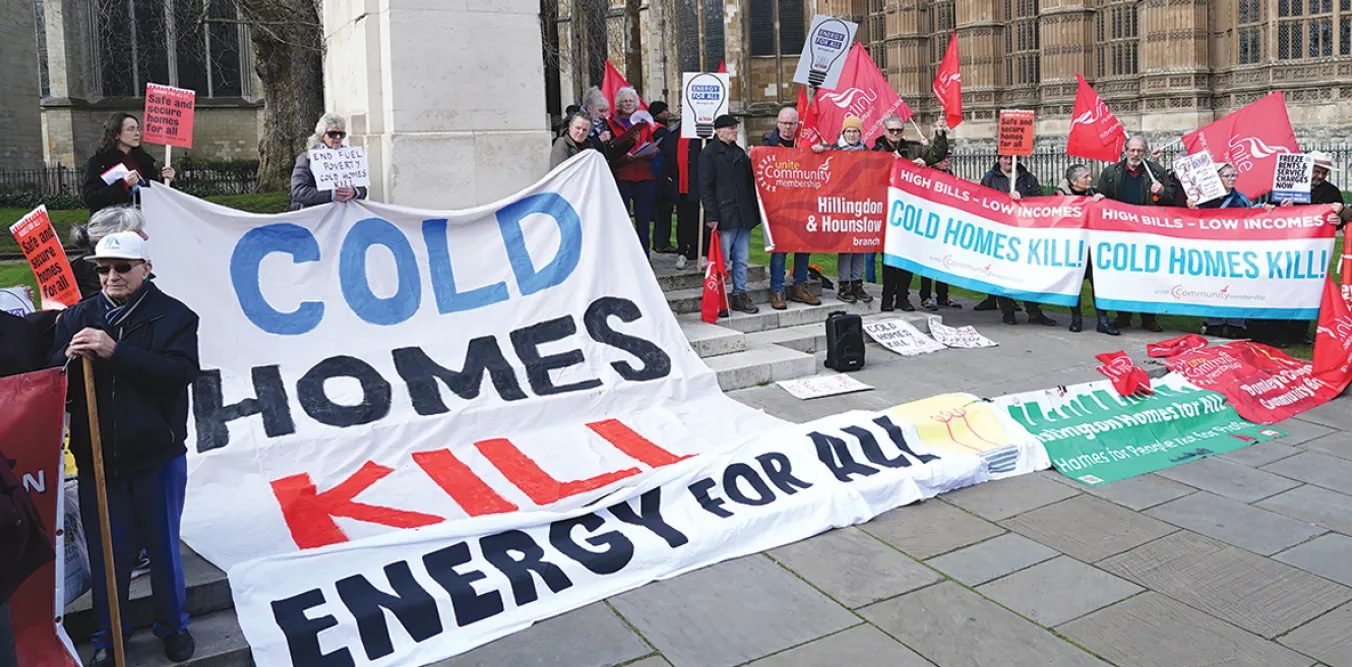
FUEL COSTS remain the issue of the moment. The energy price cap may have slightly reduced the scandalous prices but paying the bills is still a mountain to climb for many. It’s resulted in the perversity of an energy-rich land seeing so many of its people in fuel poverty.
There’s the added absurdity that many of those parts closest to the oil and gas fields, in the Highlands and Islands of Scotland, powering up the British economy and hosting the on and offshore wind bonanza, face fuel poverty rates near or above 50 per cent.
But it’s not just finding the wherewithal for current bills but the debt they already face that’s now the issue for so many. That’s because the collective energy debt in the UK now amounts to £3.1 billion. Yes, you read it right, that’s billion not million.
